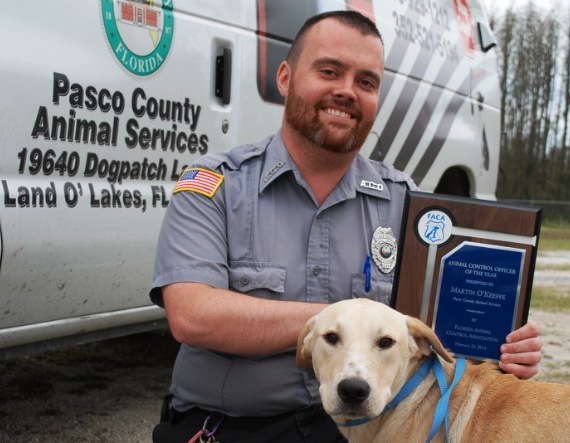Code of Ethics

The Florida Animal Control Association is dedicated to promoting professionalism in the Animal Care and Control Field. The following Codes of Ethics, developed by the Association’s members, promote ethical standards within the profession and its agencies.
CODE OF ETHICS FOR ANIMAL CARE AND CONTROL ORGANIZATIONS
- Promote the welfare and protection of all animals in the community.
- Provide and strive for a level of service based on their communities’ needs. Identify and develop services to eliminate the overpopulation of companion animals and promote responsible pet ownership.
- Ensure that all animals impounded are provided with a humane and appropriate level of care including a clean environment, fresh water, adequate nutrition and appropriate medical care.
- Provide injured and diseased animals with immediate care in accordance with state and local laws.
- Ensure that the disposition of all animals is by reunification with identified owners, by responsible adoptions or humane euthanasia.
- Ensure that all animals adopted are placed in responsible homes and sterilized in accordance with Florida State Statutes.
- Provide their staff members with training, including state-mandated training approved by FACA, to ensure a high level of job professionalism.
- Ensure that all animals are humanely handled when euthanized, employing only approved and humane methods of euthanasia.
- Comply with all federal, state and local laws.
- Work cooperatively with all agencies within their community.
- Develop and monitor internal policy and procedure.
- Maintain accurate records on all animals, and all activities.
- Provide the public with honest and truthful information regarding animal populations, and disposition of animals, including euthanasia.
- Support the policies of the Florida Animal Control Association as outlined in the policy handbook.
UNACCEPTABLE BEHAVIOR FOR ANIMAL CARE AND CONTROL PROFESSIONALS
A definition of unacceptable behavior is normally adopted by cities and counties through the State of Florida Code of Ethics of Public Officers and Employees found in Chapter 112 (Part III) of the Florida Statutes. In addition, FACA identifies the following as specific to animal, care and control professionals:
- To intentionally mistreat an animal.
- To use excessive force in capture and handling.
- To accept gifts, money or services, while on or off duty, for duties performed.
- To sell or dispose of animals other than by reunification with identified owners, adoption or euthanasia.
- To misinform the public regarding organizational policies including euthanasia.
CODE OF ETHICS FOR ANIMAL CARE AND CONTROL PROFESSIONALS:
- Provide humane treatment, disposition and care for all animals, always mindful of what is best for the animal’s physical and psychological well being to prevent suffering and pain by reuniting with identified owners, responsible adoption or humane euthanasia.
- Promote responsible pet ownership within their communities, and work toward increasing their community’s standard of animal care through example, education and application of local and state laws.
- Represent their prospective organizations in a professional manner. Strive to achieve their organization’s mission, goals and objectives in the community. Communicate truthfully and with integrity, both within and outside the organization.
- Provide honest and accurate information on organizational policies, procedures and programs, including disposition of animals, using this as an opportunity to educate members of the community.
- Advocate and model respectful behavior through example and acknowledging socioeconomic, cultural, ethnic and philosophical differences within their communities.
- Provide emergency care to injured and diseased animals and, when necessary, humane and dignified death by recommended and approved methods for all animals in their care.
- Uphold all laws governing the State of Florida and their community.
- Actively prevent cruelty to animals through encouraging education, investigation and prosecution by appropriate agencies.
- Pursue educational opportunities both within and outside their prospective organizations.
- Provide appropriate and humane handling to minimize stress on animals, recognizing each animal’s innate behavior when approaching, capturing and caring for such animals.
- Be responsible pet owners themselves and adhere to all laws, federal, state and local.
- Provide all animals which are transported and sheltered with a clean environment, potable water at all times and adequate nutrition on a daily basis.
- Use chemical immobilization prudently, when all other methods of capture have failed or when public safety is in jeopardy.
- Communicate honestly and accurately to fellow workers and the public.

